This send-up of ragtime song and dance begins in 1915 San Francisco when society boy Roger Grant decides to pursue popular rather than serious music.
Alexander's Ragtime Band (1938) Online
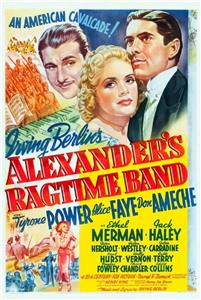
Roger Grant, a classical violinist, disappoints his family and teacher when he organizes a jazz band, but he and the band become successful. Roger falls in love with his singer Stella, but his reluctance to lose her leads him to thwart her efforts to become a solo star. When the World War separates them in 1917, Stella marries Roger's best friend Charlie. Roger comes home after the war and an important concert at Carnegie Hall brings the corners of the romantic triangle together.
| Cast overview, first billed only: | |||
| Tyrone Power | - | Alexander (Roger Grant) | |
| Alice Faye | - | Stella Kirby | |
| Don Ameche | - | Charlie Dwyer | |
| Ethel Merman | - | Jerry Allen | |
| Jack Haley | - | Davey Lane | |
| Jean Hersholt | - | Professor Heinrich | |
| Helen Westley | - | Aunt Sophie | |
| John Carradine | - | Taxi Driver | |
| Paul Hurst | - | Bill Mulligan | |
| Wally Vernon | - | Wally Vernon | |
| Ruth Terry | - | Ruby | |
| Douglas Fowley | - | Snapper | |
| Chick Chandler | - | Louie | |
| Eddie Collins | - | Corporal Collins | |
| Joseph Crehan | - | Stage Manager |
In her autobiography, Ethel Merman said that the original lyrics to "Heat Wave": "She started a heat wave by letting her seat wave" was changed for the movie to "She started a heat wave by letting her feet wave"
This was the first time that composer Irving Berlin had worked with Ethel Merman. He told her that he was so impressed with her talent that he would work with her again. He kept that promise and wrote two Broadway shows especially for her: "Annie Get Your Gun" in 1946 and "Call Me Madam" in 1950, the latter of which also starred Merman in the film adaptation: Call Me Madam (1953). Merman also later starred in a film that, like this one, was a cavalcade of Irving Berlin songs, There's No Business Like Show Business (1954).
A British Movietone Newsreel survives of the London premiere at the Regal Cinema, believed to be some time in Fall 1938. Leslie Mitchell describes the events, and Irving Berlin is present. Mitchell asks Berlin what is his favorite song that he wrote, and Berlin responds: "Well, what do you think!" indicating the title of this film. Also present is George Sanders, Clive Brook, Bobby Howes, Mary Maguire, Margaret Lockwood and Flora Robson.
Irving Berlin personally singled out Alice Faye to play the female lead.
Three deleted musical numbers survive in pristine condition: "Some Sunny Day" sung by Don Ameche, "In My Harem" sung by Jack Haley, with Wally Vernon and Chick Chandler and "Marching Along With Time" sung by Ethel Merman; all three numbers are included as special features in the DVD release.
Irving Berlin balked at the idea of a biopic about him as he felt it would be too personally intrusive. Thus, the idea to form a fictional story showcasing a large number of his songs was hatched.
20th Century Fox head Darryl F. Zanuck had this as one of his prestige productions of the year. The directing gig naturally went to his personal favorite choice, Henry King, who was always first choice for the studio's leading productions.
While most of the movie is fiction, once incident in the film was taken from Irving Berlin's life. During World War I, Berlin was drafted into the army, and produced a Broadway show called "Yip Yip Yaphank," starring U.S. Army servicemen. Berlin appeared in the show, singing the song, "Oh, How I Hate To Get Up In The Morning" (which Jack Haley performs in this film). At the end of each show, as depicted in the film, Berlin would lead the cast of servicemen down the theater aisle, singing "We're On Our Way To France." The show, "Yip Yip Yaphank," and Irving Berlin's follow-up World War II show, "This Is The Army," were both the subject of the film version of This Is the Army (1943), directed by Michael Curtiz. Berlin himself appears in the later film, singing, "Oh, How I Hate To Get Up In The Morning."
Grady Sutton (Babe), James Gordon (Equity President) and Joan Castle (Equity Secretary) were in studio records/casting call lists for those roles, but they did not appear in the film.
After the preview in Los Angeles on 24 May 1938, there were sporadic openings across the United States before the national release on 16 August 1938. Some of these were 5 August in New York City, New York; 11 August in Boston, Massachusetts, Pittsburgh, Pennsylvania and San Francisco, California; 12 August in Philadelphia, Pennsylvania, Chicago, Illinois and Dallas, Texas; and 13 August in Cleveland, Ohio.
"Lux Radio Theater" broadcast a 60 minute radio adaptation of the movie on June 3, 1940 with Alice Faye reprising her film role and Ray Milland and Robert Preston in the Power and Ameche roles.
"Lux Radio Theater" broadcast a 60 minute radio adaptation of the movie on April 7, 1947 with Tyrone Power reprising his film role.
This earned the second highest number of Academy Award nominations in 1938, six in total.
33 Irving Berlin compositions were used in the filming, although 3 didn't survive through to the final cut.
This was the first of several 'cavalcade' films built around the song catalogue of Irving Berlin. Nearly every one of the tunes would be reprised later in either Blue Skies (1946), Easter Parade (1948), There's No Business Like Show Business (1954) or White Christmas (1954), as opposed to resurrecting many of the other Berlin tunes that had not been heard for decades.
The only Best Picture nominee that year to be also nominated for Best Song, for "Now It Can Be Told".

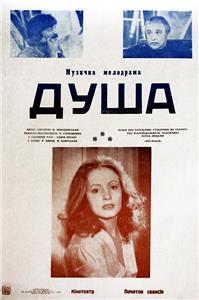


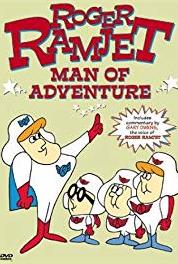
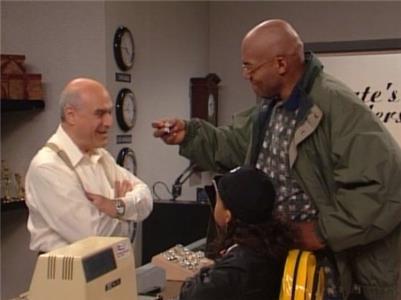


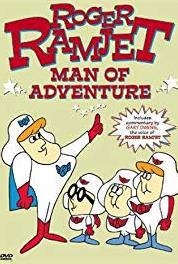
User reviews